When joining Beijing Shougang with the title of "Asia's No. 1 Center," many cheered, believing that Beijing had finally found their savior in the paint. However, after just a few games, doubts began to surface. In a match against Qingdao, Zhou Qi not only failed to lead his team to a dimensional reduction attack but also became the biggest "laughingstock" on the court due to a series of bizarre performances: missing three free throws, arguing with the referee at a critical moment, receiving two technical fouls and being ejected, causing Beijing Shougang to lose their composure and ultimately the game. These scenes made many fans exclaim, "What's the difference between this and the national team losing to Poland?"

Zhou Qi's "god-level" free throw performance is nothing new. Rewind to the 2019 Men's Basketball World Cup, where China hosted Poland, a game that many still vividly remember. In the final moments, China led by three points, with the situation firmly in their hands. Yet, Zhou Qi's simple sideline pass went straight to the opponent, dragging the team into overtime and ending in a regrettable defeat. After the game, Zhou Qi's expression of bewilderment became a hot topic, and questions about his mental fortitude were raised.
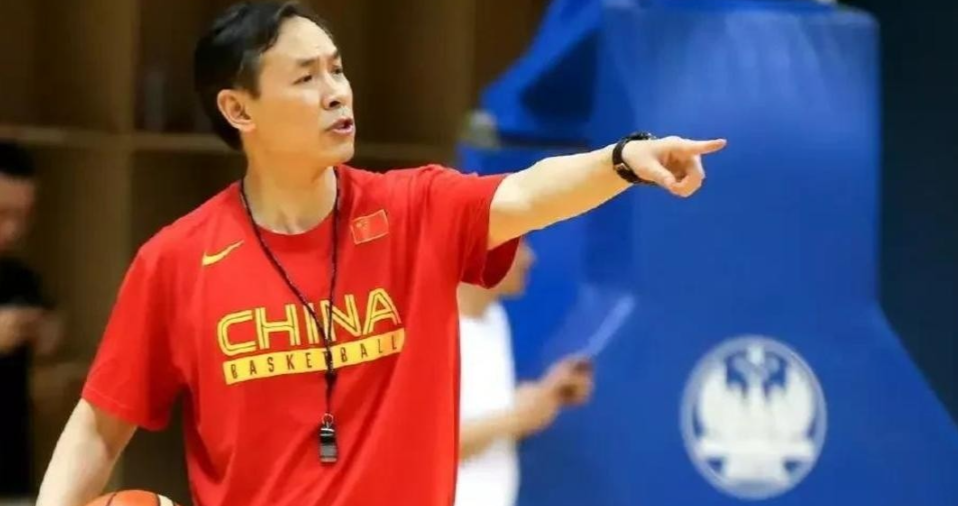
Following this incident, Zhou Qi became the target of public criticism. However, his free throw performance seemed to show little improvement. Taking the recent game against Qingdao as an example, a top-salaried player should have been able to steadily secure points from the free throw line, but instead, he missed three times. More frustratingly, such low-level technical mistakes undoubtedly convey a sense of impatience and lack of confidence. This psychological burden may have originated from the shadow of failure in Poland.

To be honest, free throws are like basic skills in daily life; if not mastered well, it can indeed be embarrassing. But Zhou Qi's problems go beyond just free throws.
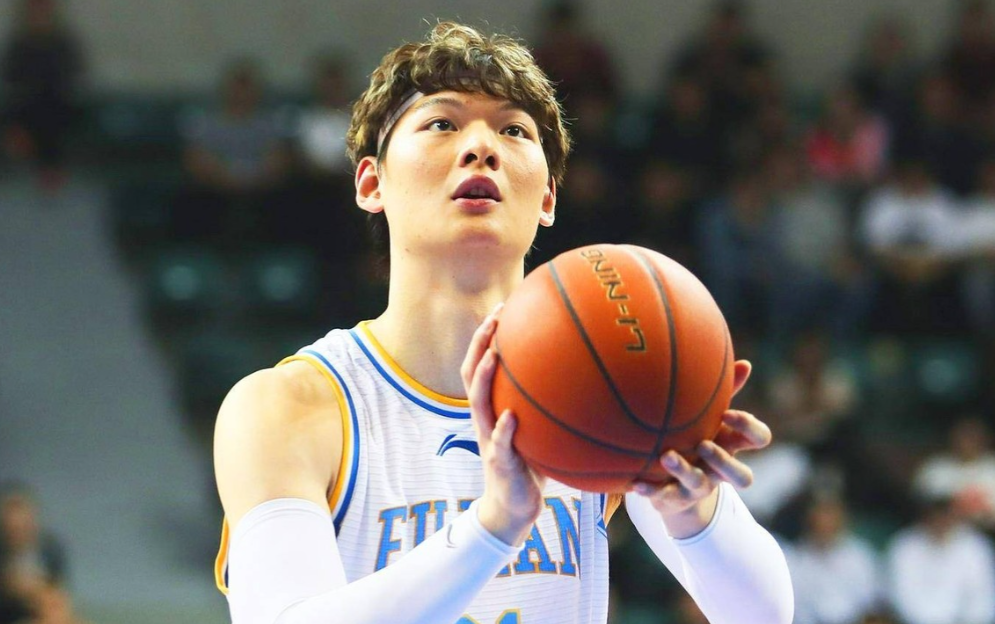
If free throw misses are seen as "smoke" from a technical standpoint, then Zhou Qi's "collapse" in terms of psychological construction may be closely related to his NBA experience. You read that right; he is indeed one of the few Chinese basketball players to have stood on an NBA court in recent years. In 2017, at the age of 22, Zhou Qi was selected by the Houston Rockets, becoming the hope of China's younger generation of basketball players.
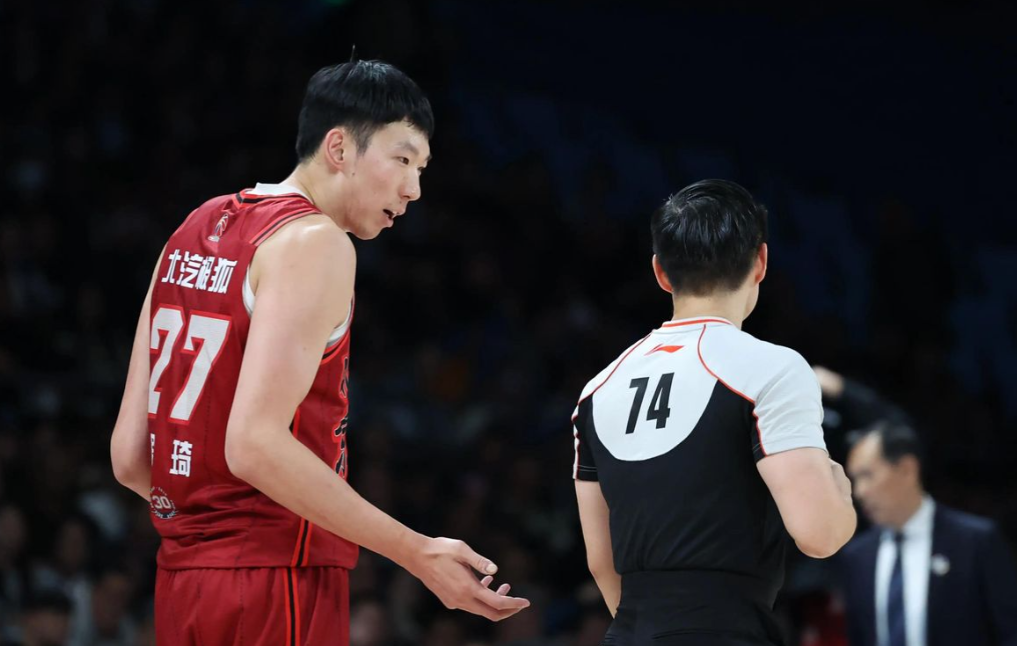
However, in just two short years, his NBA performance could not have been more awkward. Light weight, weak in physical confrontations, unclear role positioning, unable to play as a starter, and lacking in long-term training opportunities, he could only end his NBA journey prematurely. One would think that even a short overseas experience could allow him to accumulate experience and equip himself, but upon returning to the CBA, Zhou Qi gave people the impression of arrogance and a "glass heart" in terms of psychology. Whenever he performed poorly, his state seemed to collapse from scratch, unable to withstand public pressure. Beijing Shougang might have thought that high salaries and trust could ignite his "second glory" in the domestic league, but this time, they seem to have bet wrong.
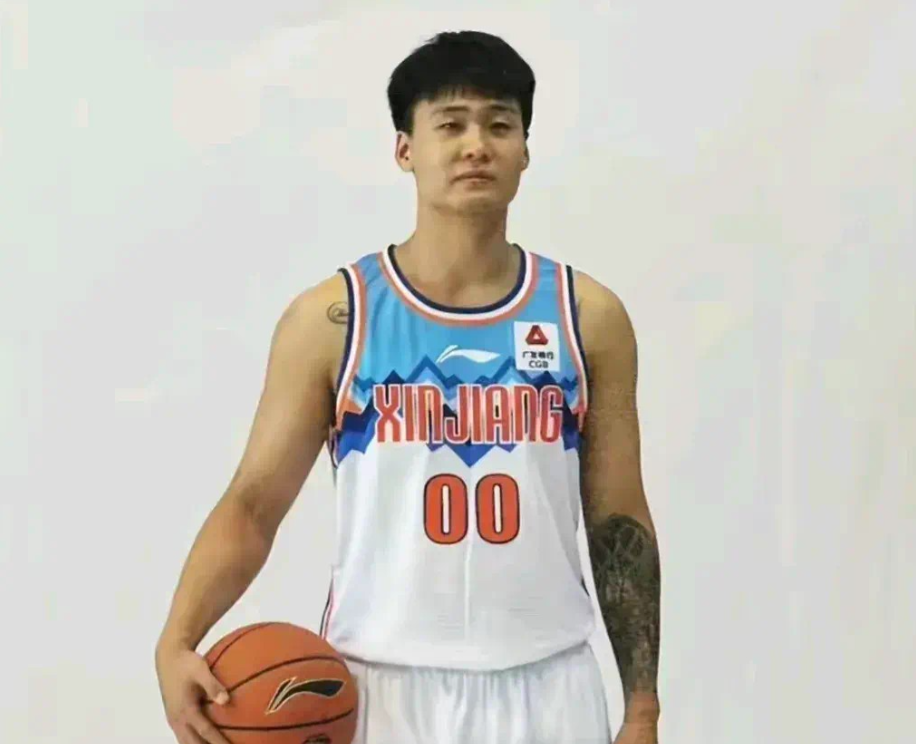
When Beijing Shougang introduced Zhou Qi, there was no shortage of enthusiasm for the move. Many believed they were imitating the "masterstroke" of signing Stephon Marbury in the past, using big-name players to quickly enhance their combat effectiveness. However, "everyone can perform magic, but the subtleties vary." The Marbury of the past could indeed carry a team to victory, but this time, Zhou Qi did not become that finisher.
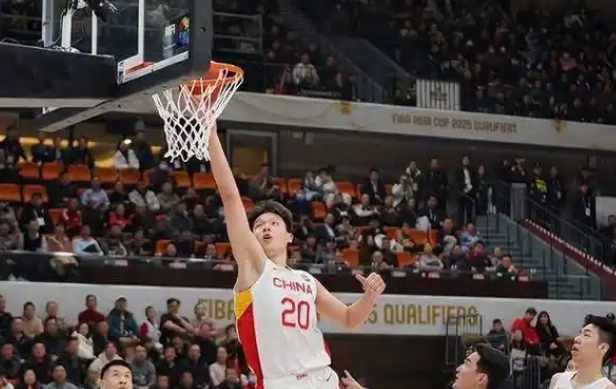
This is not the first time Shougang has spent big money without buying success. Remember when they brought in Jeremy Lin? The Chinese-American player who once shone in the NBA was also highly anticipated, but it turned out that his physical condition was no longer sufficient to shoulder the responsibility. And this year, taking Zhou Qi amidst controversy seems to be repeating the same mistake. The old way of relying on star players to "save" results in a short time is facing increasingly severe challenges: the level of the league is constantly improving, and the period of "cutting down a big name to solve all problems" is long gone!
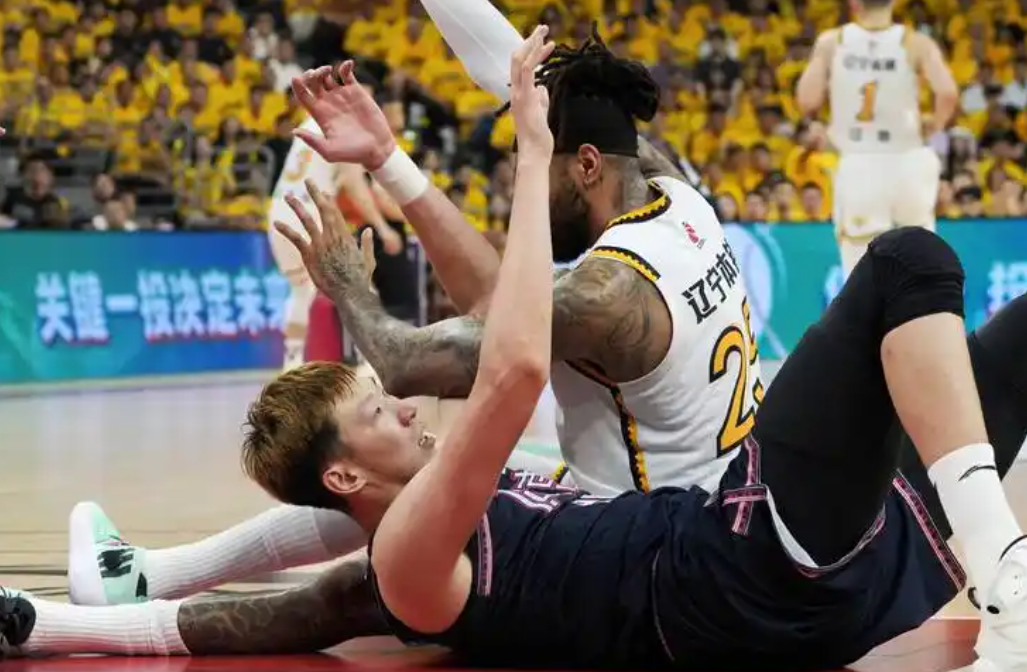
Most crucially, these grand moves by Shougang have not only failed to bring the team closer to the championship but have also raised questions about their management "decision-making brain": Have they really studied the adaptability of players and team needs? Or are they simply chasing surface popularity?
On one side, Zhou Qi is still "powering down" in the game, while on the other, Qingdao's 19-year-old rising star Yang Hanshen put on a "talent show." In this game, he did not give Zhou Qi any face on both offense and defense: he held his own in confrontations, played reliable defense, and even scored several key goals to help Qingdao stabilize the comeback situation. It can be said that this young talent's performance of "standing up to his predecessors" is like a wake-up call to Zhou Qi's inefficient state.
What does Yang Hanshen's rise represent? Simply put, it is the declaration of China's new generation of basketball players, saying, "The older generation, we're coming." Basketball is never a sport where you can rely solely on past glories. With the rise of new players, it means that China's basketball future may increasingly break away from the system of "relying on big brothers to rule the world" and move towards a more diversified approach of teamwork and competition.
Looking further, Zhou Qi's dilemma is also a reflection of the overall development issues of the CBA league. Many clubs, including Shougang, prefer to use high-paid top players to attract attention, but once the results do not meet expectations, it places immense public pressure on the team. Moreover, this unequal star halo often reduces the focus on youth training and foundational development.
With top players like Zhou Qi experiencing ups and downs in form, public opinion naturally does not overlook the problems within the CBA itself. When we place too much focus on "superstars" and neglect the cultivation of new generation players, the foundation of the future league becomes increasingly fragile. With inadequate educational foundations and competitive mechanisms, whether players can sustain their top-level status becomes a gamble.
What Zhou Qi needs to do is to face his problems head-on, straighten out his mentality, solidify his fundamentals, and stop using idol burdens as an excuse for his lack of effort. And Beijing Shougang should realize that relying solely on star power cannot solve systemic issues. The future of the CBA may not be changed by one person but rather through professional reforms starting from the grassroots of each team, which can truly give people hope.
By the way, good luck next time you step up to the free throw line, Zhou Qi!